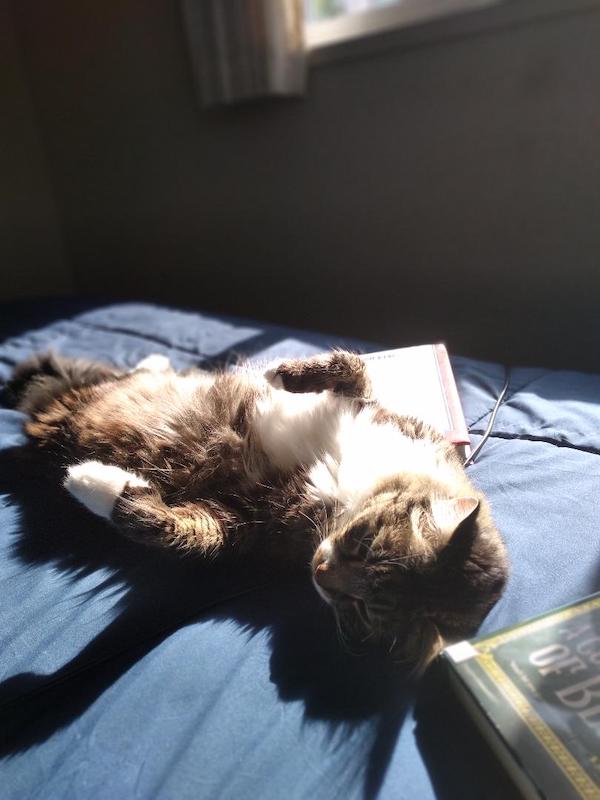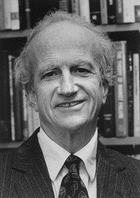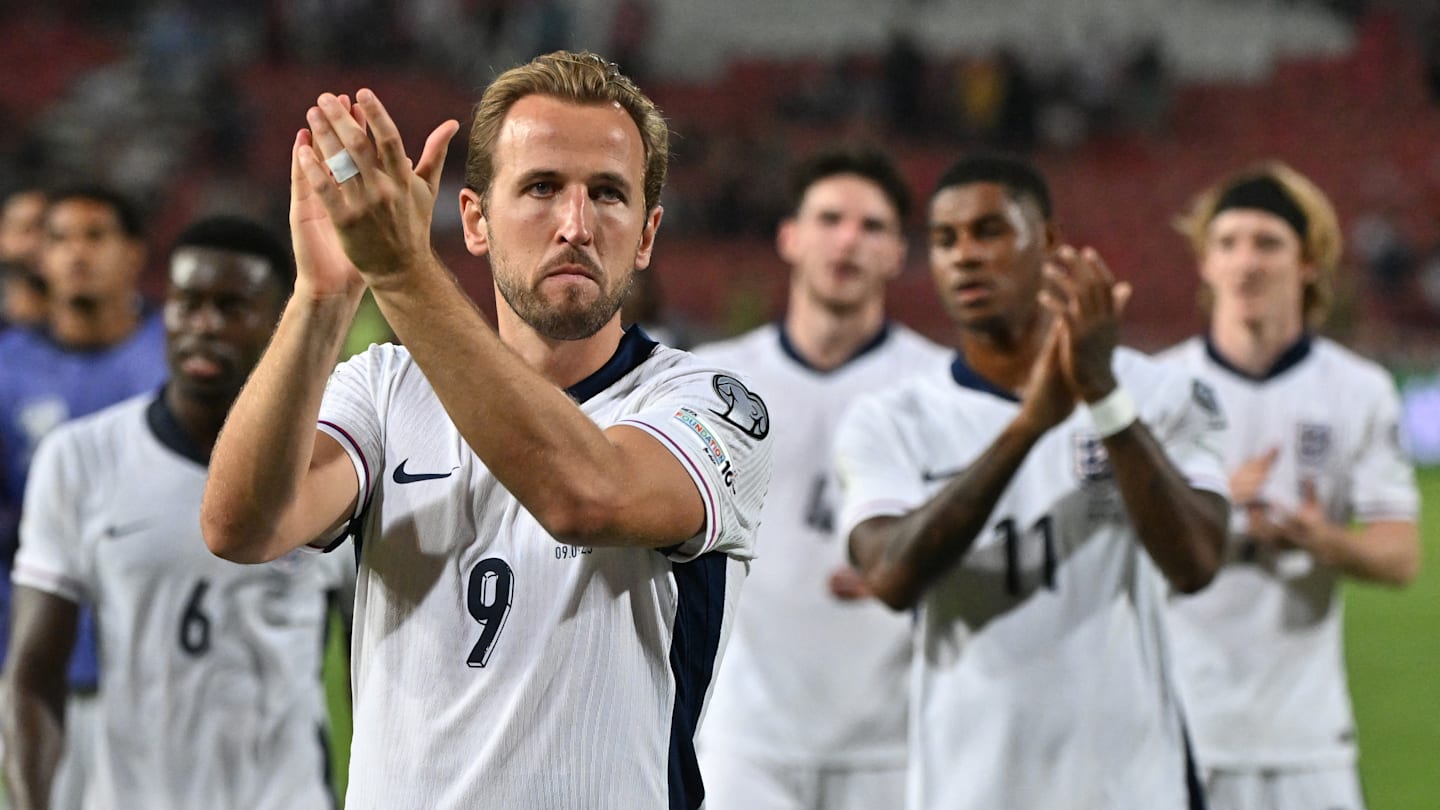A public or collective good is defined by three characteristics: one, it is non-excludable; two, it is non-rivalrous; and, three, it is paid for by the collective, typically via taxes. The mass mourning for Queen Elizabeth II in Britain and the week-long, pre-planned, choreographed rites of her final passage indicate that Britain’s constitutional monarchy is, indeed, a public good, provided by the British state.
A good is said to be non-excludable when its provision to one means provision to everyone else of the group–no one can be excluded from availing of it or benefitting from it. Law and order or national defence is something that cannot be delivered only to a particular individual or a set of individuals.
A non-rivalrous good is one whose consumption by one does not make it non-available for someone else. If you buy and eat a scoop of ice cream, that scoop is not available to someone else. That scoop of ice cream is a rivalrous good–the availability of more ice cream does not change the reality that what one person has consumed cannot be consumed by someone else.
Cleaner air or birdsong in the morning, both are the products of sustained effort to clean up the environment and grow/protect organic life in which birds can nest, feed and breed, brought about by public policy and its enforcement, paid for by society at large and whose benefit accrues to society at large. One person hearing a bird sing does not bar another person hearing that song. These are non-excludable, non-rivalrous goods paid for by society at large, and are, thus, public goods.
In what way does the British royalty resemble birdsong?
You might also like
Why road-building slumped from 37 to 19 km a day
Four top exits in a month shake Wipro
Nestle wants a bite of Yoga Bar
Author and fund manager Baid’s lessons from bull market
It is in the nature of human beings to seek to belong to a larger group. The most salient group identity of the modern world has been the nation-state. It can well be argued that, from a rational perspective, the nation-state is an artificial construct, that individuals should be able to realise their full innate potential as global citizens, in a world in which the mind is without fear, where narrow domestic walls do not fragment the whole, and where the mind is led forward into ever-widening thought and action. That remains an ideal. The crasser reality is one in which people yearn to belong to group identities, which are reinforced and celebrated by, for example, taking sides in sporting events, vicariously joining in the joy of victory and in the sorrow of loss, reinvigorating the sense of identity responsible for the emotion.
The British constitutional monarchy serves the purpose of providing the people of the not-so-united kingdoms of England, Scotland, Wales and Norther Ireland with a living symbol of collective belonging and unity. Over her long stint as Queen, Elizabeth saw many changes: the post-War reconstruction of the Fifties; the unquestioned supremacy of a former colony, the US, in the Western alliance; the deconstruction of the British Empire from a lucrative empirical reality to a legacy kept alive through the institution of the Commonwealth; the sexual revolution of the Sixties and the Seventies; the radicalisation of the youth; the Beatles; the rise of trade unions and Labour; the broadening of the base of education to throw up new elites from the ranks of the erstwhile subaltern, including prime ministers who studied at grammar schools rather than an elite public school; the decline of British manufacturing; the sale of marquee British brands to foreigners; multiple waves of technological change; the defanging of unions under Thatcher; a steady influx of non-European populations, mostly from Britain’s erstwhile colonies (the Queen herself was of German stock, and the royal name changed from Saxe-Coburg-Gotha to Windsor only in the middle of World War I, when the German link seemed offensive to the British public); large migrant presence of East Europeans, after Britain joined the European Union; and a sudden shortage of labour after Brexit.
The change from Empire to multicultural island nation, albeit with nuclear weapons, along with all the other changes can be unsettling. The unchanging monarchy provided reassuring continuity to people. She thus embodied stability, national identity and unity in a turbulent world. This is the public good represented by the monarchy. It is non-excludable, non-rivalrous and paid for by the taxpayer.
The queen is dead, but the need for national unity continues. So, naturally, long live the King!
Elsewhere in Mint
In Opinion, Montek Singh Ahluwalia warns it’s a tough year for policymaking. Jaideep Mehta takes you inside the fictitious Falcon Bank to peek into future. Allison Schrager tells why pandemic economy will outlast the pandemic. Long Story profiles a fintech’s search for a comeback.
Download The Mint News App to get Daily Market Updates.
More
Less
Post your comment















